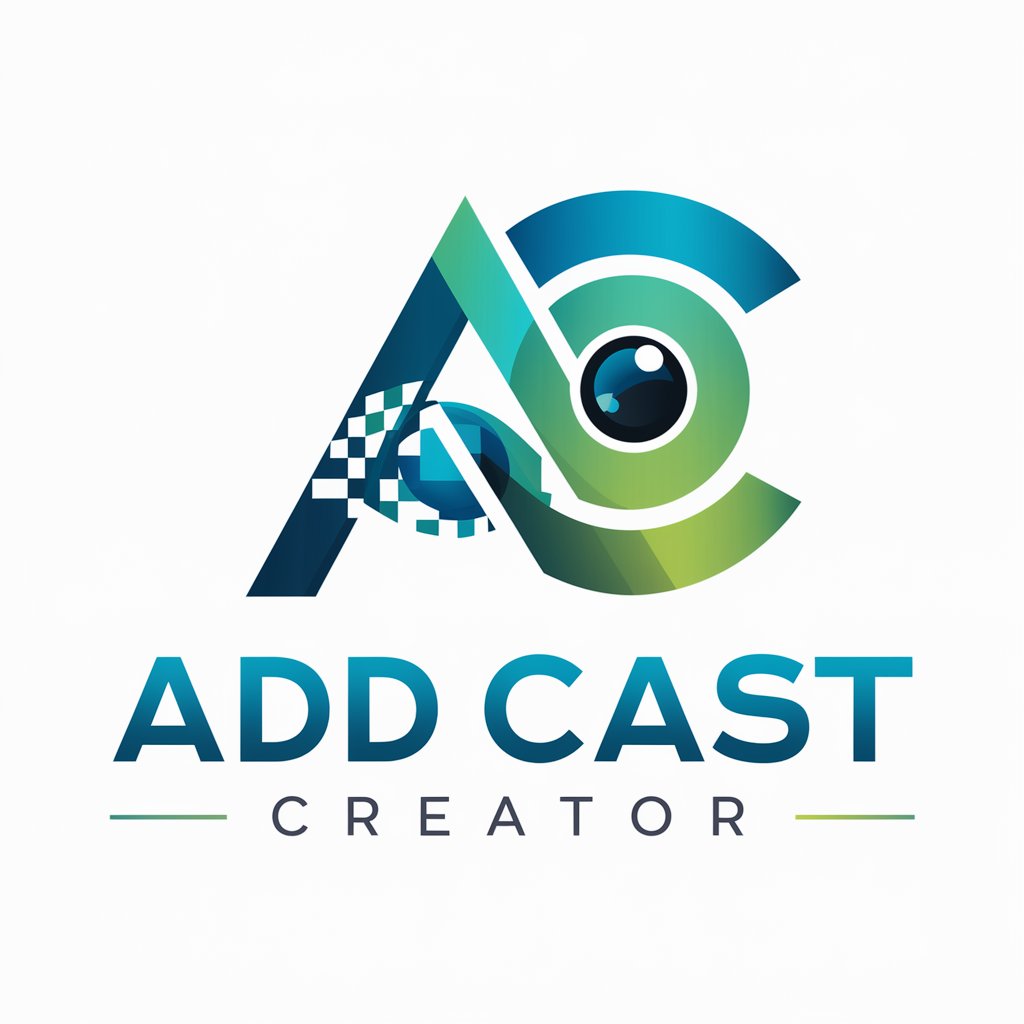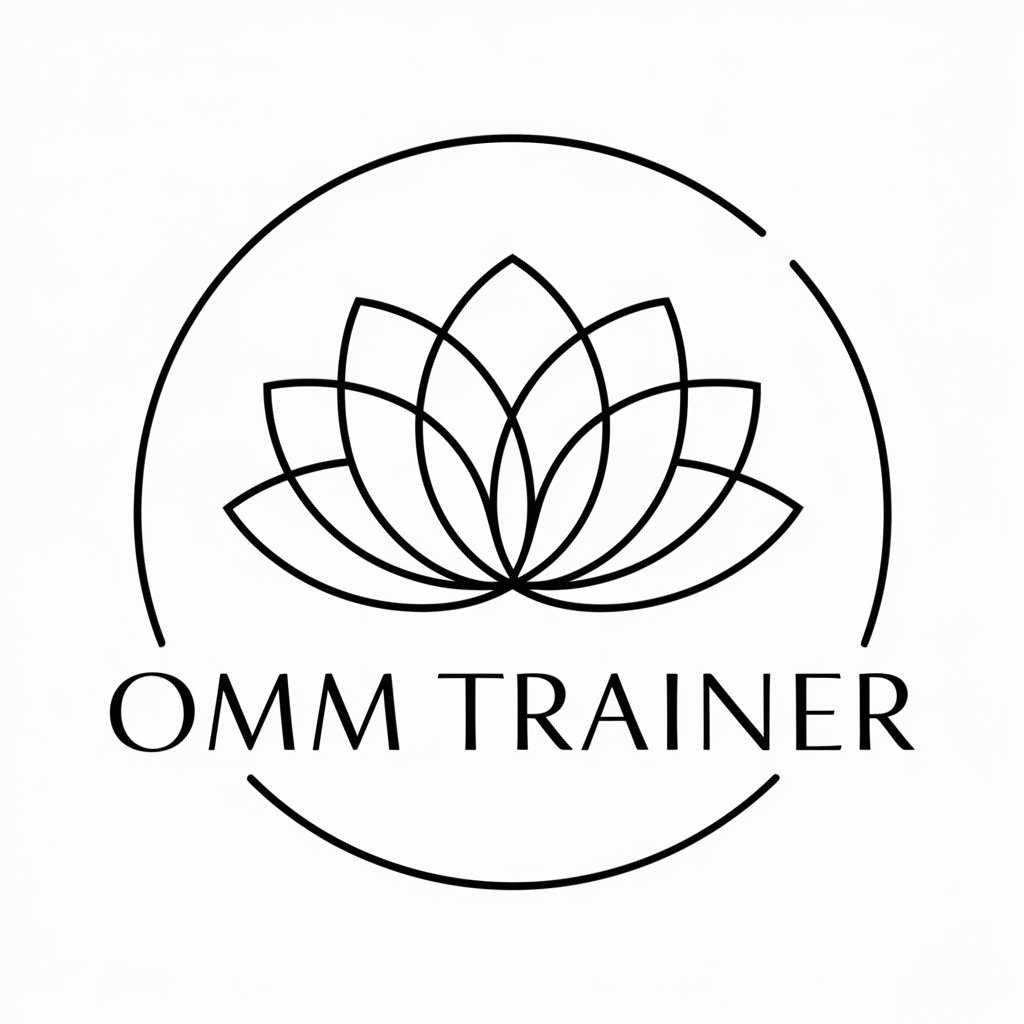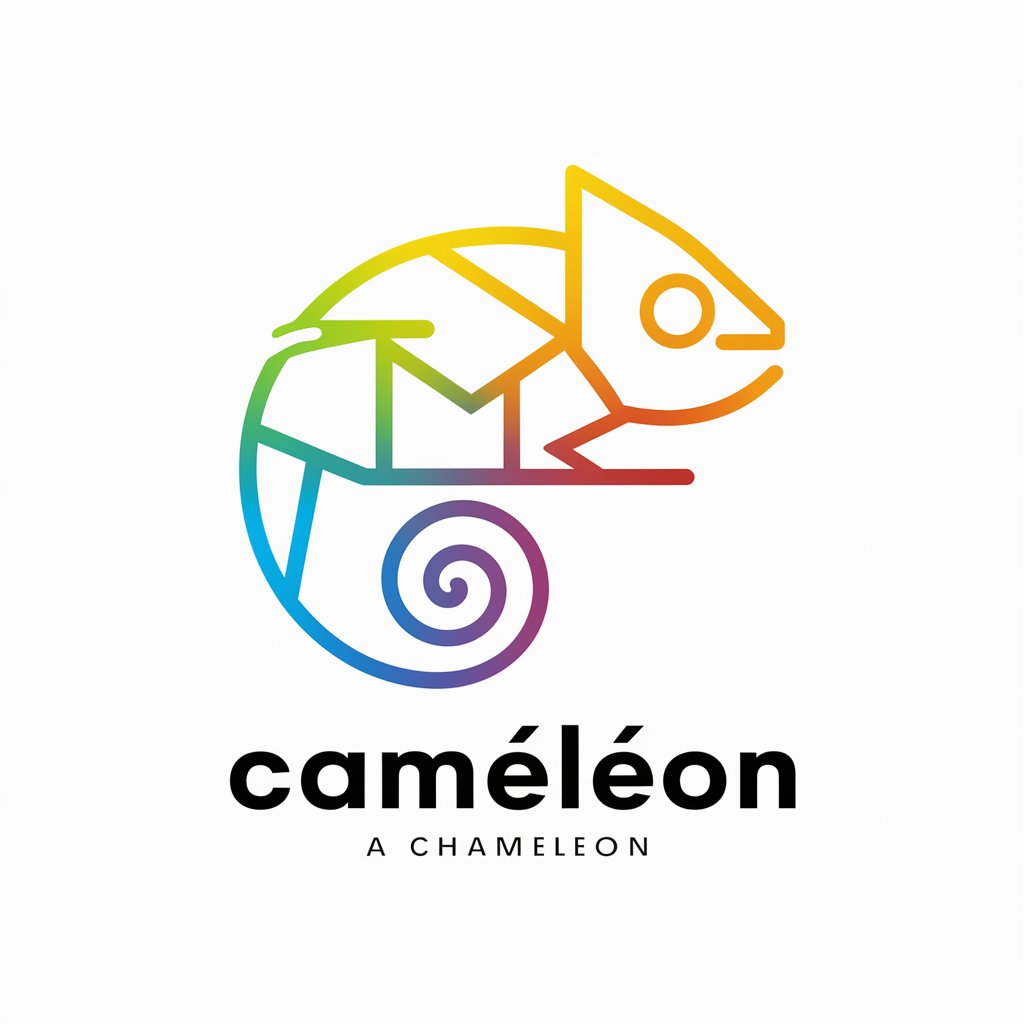SEO - SEO Optimization Guide

Welcome! Get expert SEO strategies and techniques here.
Optimize Content, Maximize Visibility
What are the best practices for optimizing meta descriptions?
How can I improve my website's loading speed for better SEO?
What are the latest trends in search engine algorithms?
How can I effectively use keywords for on-page SEO?
Get Embed Code
Introduction to SEO
Search Engine Optimization (SEO) is a set of strategies and techniques aimed at increasing the visibility of a website by improving its position in the search engine results pages (SERPs). The primary purpose of SEO is to attract more organic (non-paid) traffic to a site by making it more search engine-friendly. SEO encompasses various aspects, including keyword research, content optimization, technical SEO (such as site speed and mobile friendliness), and building high-quality backlinks. For example, a blog focused on healthy recipes may use SEO to appear at the top of Google search results for queries like 'healthy dinner ideas', thus attracting more visitors interested in cooking and nutrition. Powered by ChatGPT-4o。

Main Functions of SEO
Keyword Research
Example
Identifying terms and phrases (keywords) that potential customers are searching for. An e-commerce website selling sports equipment might use keyword research to find terms like 'best running shoes' or 'affordable yoga mats' to optimize their product pages and blog posts.
Scenario
This helps the website to appear in searches for these specific terms, leading to higher visibility among interested buyers.
On-page Optimization
Example
Improving individual web pages to rank higher and earn more relevant traffic. This includes optimizing title tags, meta descriptions, and content to include target keywords.
Scenario
A local bakery might optimize their 'custom birthday cakes' page with relevant keywords, engaging content, and images, making it more likely to rank when people search for custom cakes in their area.
Technical SEO
Example
Enhancing the technical aspects of a website to help search engine spiders crawl and index the site more effectively. This can involve improving site speed, making a site mobile-friendly, and creating a sitemap.
Scenario
An online news portal may implement technical SEO to ensure their site is fast and mobile-friendly, so readers can quickly access news articles, improving overall user experience and search rankings.
Content Creation
Example
Developing high-quality, relevant content that meets the needs and interests of a target audience. This can include blog posts, videos, infographics, and more.
Scenario
A travel agency might create detailed travel guides, tips, and itineraries for popular destinations, which can attract travelers planning their trips and improve the site's rankings for travel-related queries.
Link Building
Example
Acquiring high-quality backlinks from other websites to improve a site's authority and ranking in search results.
Scenario
A software development company could write guest posts for technology blogs with a link back to their website, helping to boost their site's authority and search engine ranking for software development queries.
Ideal Users of SEO Services
E-commerce Businesses
Online stores benefit greatly from SEO to increase visibility of their products in search engine results, driving more sales and revenue through organic traffic.
Content Publishers
Blogs, news sites, and other content-driven websites rely on SEO to attract a larger audience by ranking high for relevant keywords, thus increasing ad revenue and subscribers.
Small and Medium-sized Enterprises (SMEs)
SMEs use SEO to compete with larger companies by improving their online presence, targeting local and niche markets effectively to attract more customers.
Professionals Seeking Personal Branding
Individuals such as consultants, artists, and freelancers use SEO to enhance their personal brand and visibility online, attracting more opportunities and clients.

How to Utilize SEO Effectively
Initiate your journey
Start by exploring SEO tools and resources without the need for sign-ups or premium subscriptions. Visit platforms like yeschat.ai to engage with SEO tools offering free trials.
Keyword research
Identify relevant keywords and phrases related to your content or business. Use tools like Google Keyword Planner or SEMrush for comprehensive keyword analysis and insights.
Optimize website structure
Ensure your website has a clear, logical structure with a mobile-friendly design. Use descriptive URLs, optimize site speed, and ensure easy navigation for a better user experience.
Content creation
Produce high-quality, relevant content that incorporates targeted keywords naturally. Focus on creating valuable content that meets the needs of your audience and encourages engagement.
Build backlinks
Increase your site's authority by acquiring backlinks from reputable sites within your industry. Engage in guest blogging, create shareable content, and participate in community discussions.
Try other advanced and practical GPTs
BRABEC
Innovate Effortlessly with AI

Slide Educator
Empowering Interactive Education with AI

Ressignificando: PNL e Hipnose by André Percia
Empower Your Mind, Transform Your Life

Personality Insight Guide
Unravel the psyche with AI-powered insights

Ad Cast Creator
Empowering Creativity with AI

OMM Trainer
Elevate Mindfulness, Powered by AI

Ski Slopes
Elevate Your Slopes Experience with AI

Personal Numerology Expert
Unlock Your Potential with AI-Powered Numerology

Caméléon
Transformative AI for Any Scenario

Vegetables
Cultivate Curiosity, Harvest Knowledge

Sara
Empowering Your IT Career Journey

アダチさん32号(リフレーミング:ネガティブ篇)
Transform Text with AI-Powered Negativity

SEO In-depth Q&A
What is SEO and why is it important?
SEO, or Search Engine Optimization, involves optimizing a website to improve its visibility in search engine results pages (SERPs). It's crucial for increasing website traffic, enhancing brand visibility, and achieving business goals by ensuring your site is accessible to your target audience.
How does Google rank websites?
Google ranks websites based on various factors including site relevance, user experience (UX), site speed, mobile-friendliness, content quality, and backlink profiles. It uses algorithms to assess and prioritize sites that offer the most value to users.
Can social media impact my SEO efforts?
While social media signals do not directly influence rankings, a strong social media presence can drive traffic to your website and enhance your brand's visibility, indirectly benefiting your SEO efforts through increased engagement and potential backlinks.
How often should I update my website's content for SEO?
Regularly updating your website with fresh, relevant content is key to maintaining high rankings. Aim for a consistent posting schedule that keeps your audience engaged and informs search engines that your site is active and valuable.
What are the common pitfalls in SEO?
Common SEO pitfalls include keyword stuffing, neglecting mobile optimization, ignoring meta tags, and acquiring low-quality backlinks. Avoid these by focusing on creating a user-friendly website with quality content and ethical SEO practices.
